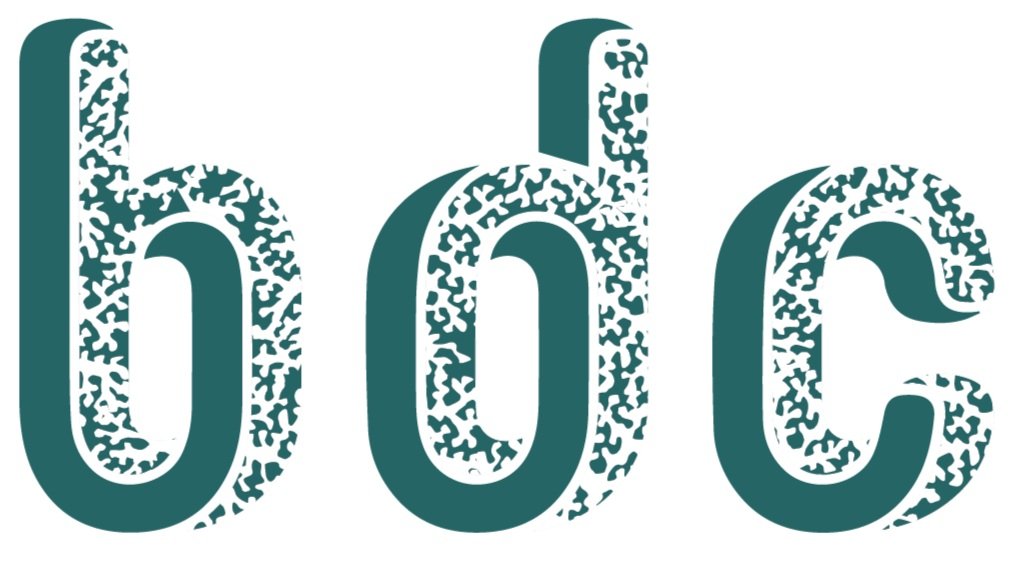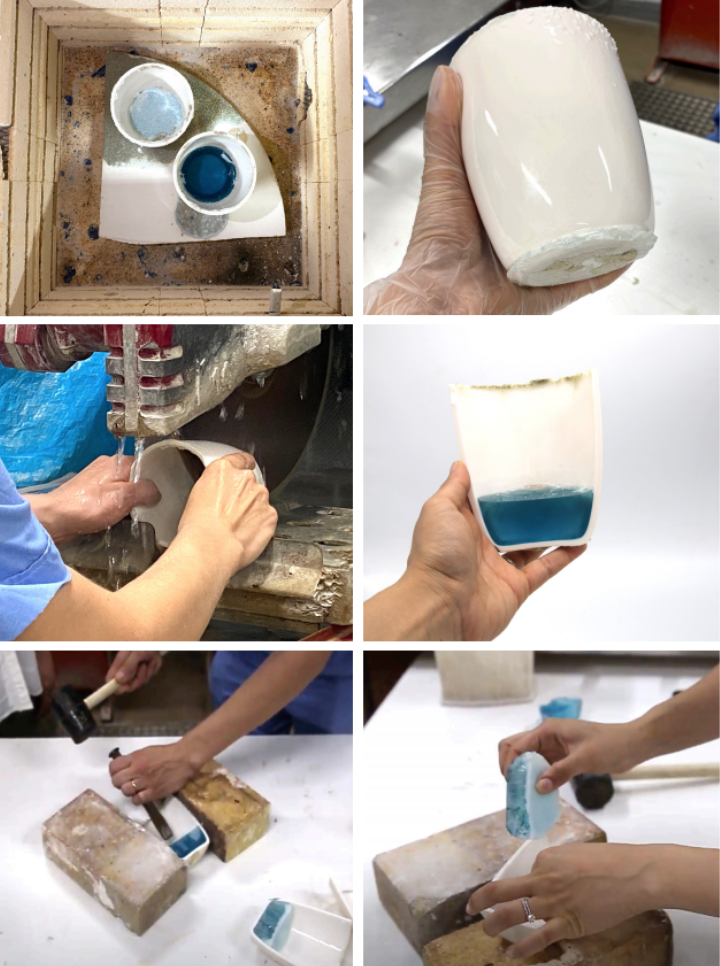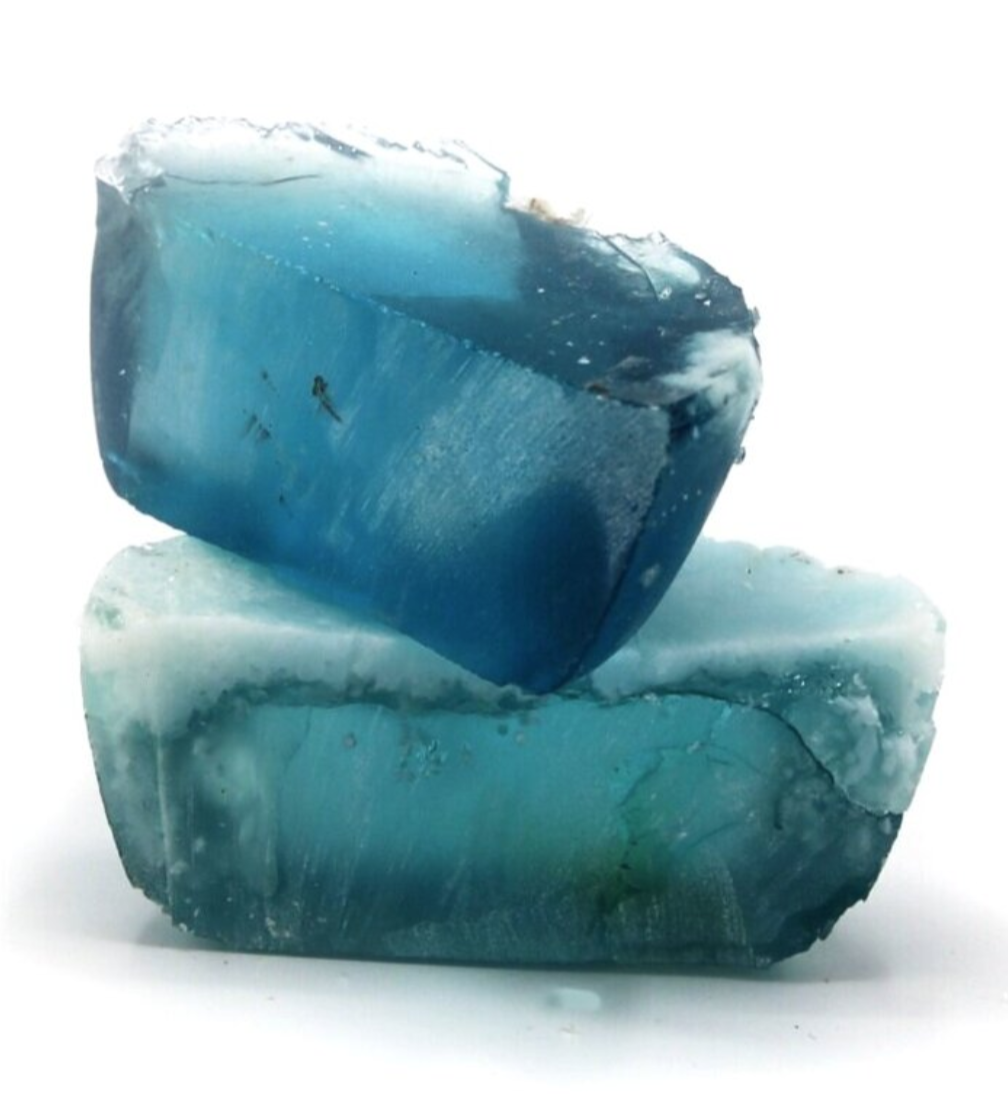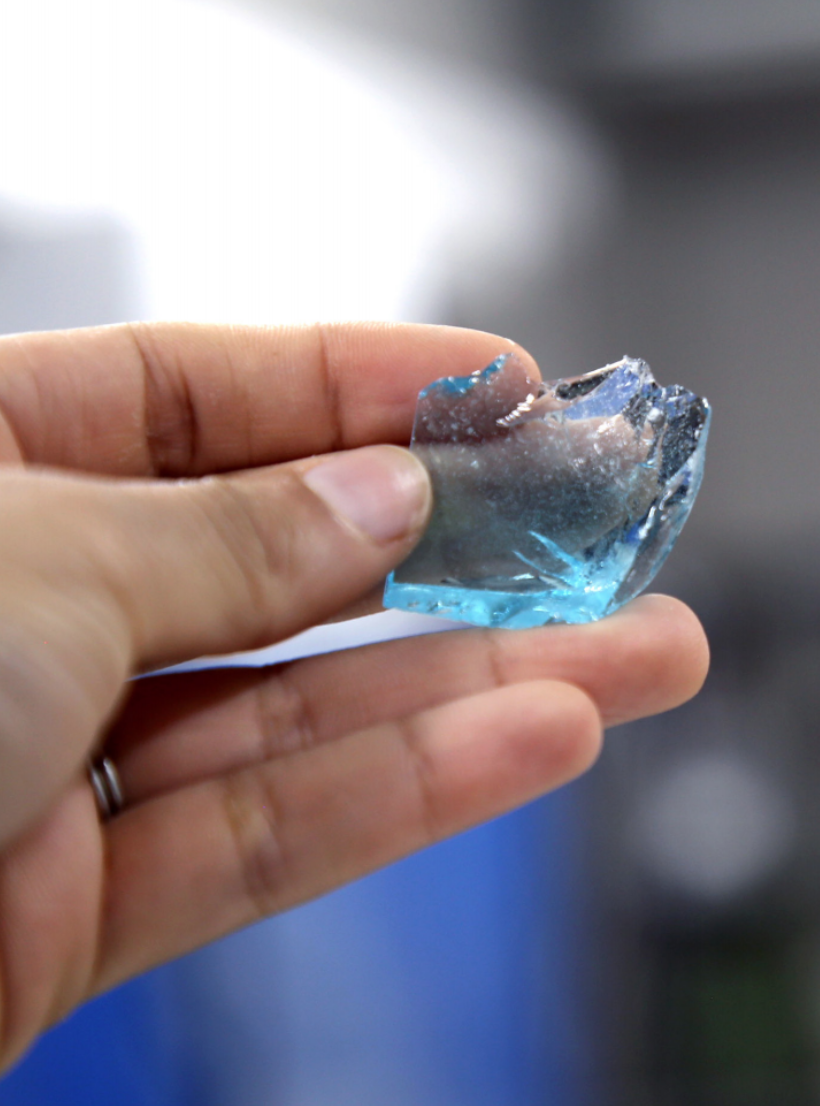College for Creative Studies
PROJECTS | 2020
Zebra Glass
Emily Marquette, Wei Huang, Marziehsadat (Mahsa) Banadaki
The project proposes using zebra and quagga mussels, which are invasive to the Great Lakes ecosystem, as a source of calcium carbonate in the creation of region-based artisanal soda lime glass. The project seeks to transform these species from an “othered” ecological threat to an over-abundant resource that can be harvested for local crafts.
https://www.ccscmdmateriallab.com/projects/zebraglass
Finalist Team + Top 6 Team + Overall Winner
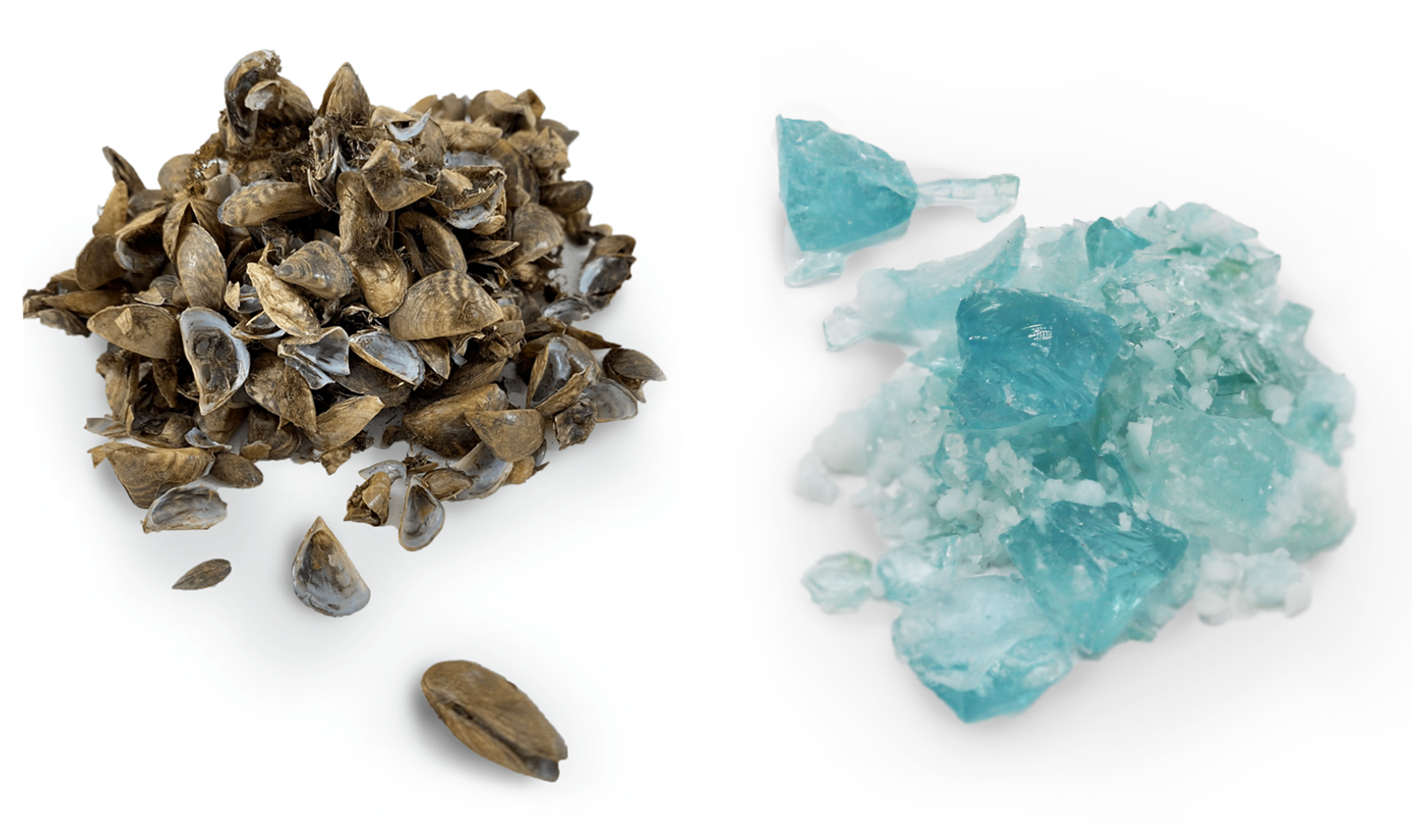
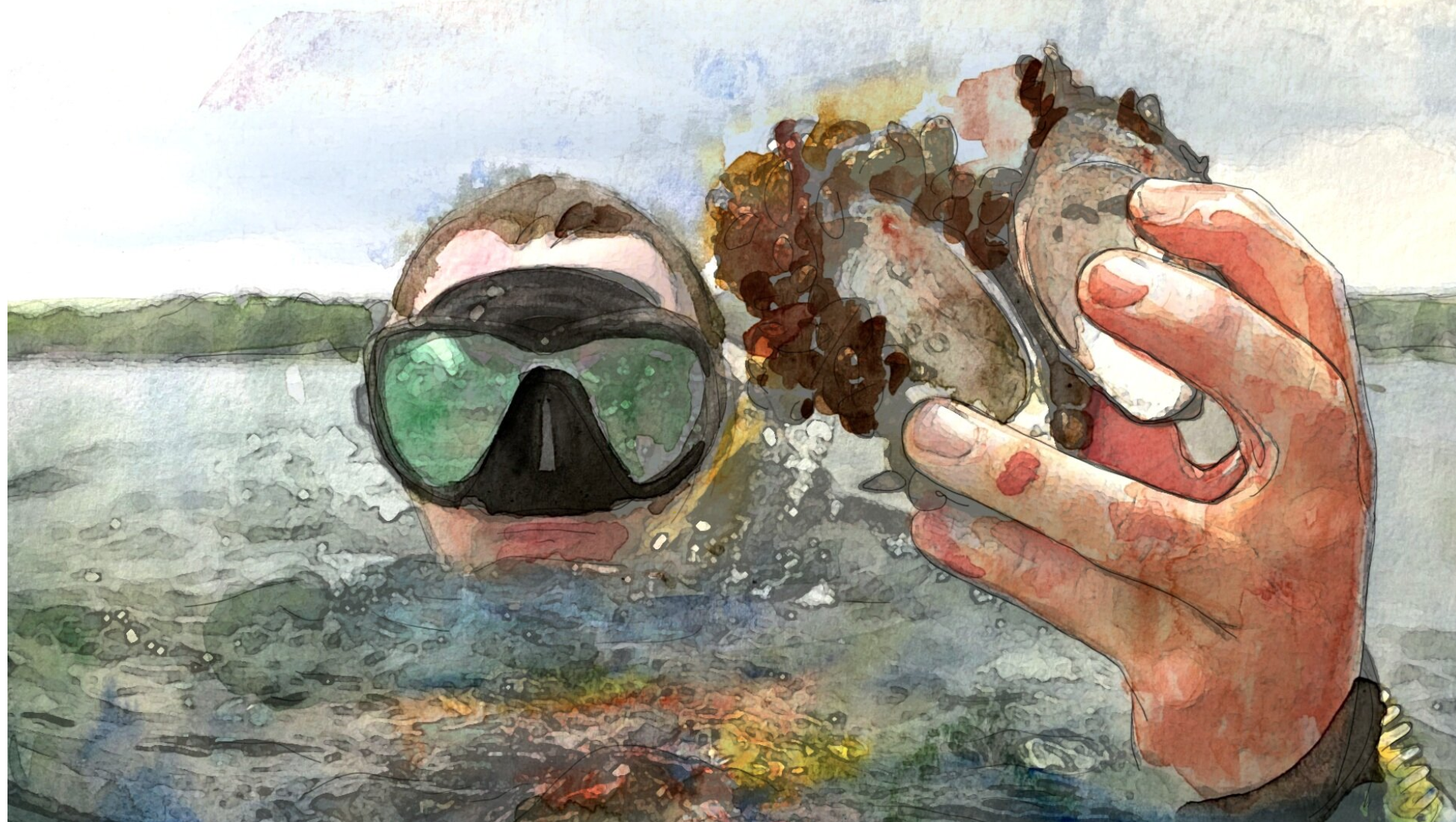
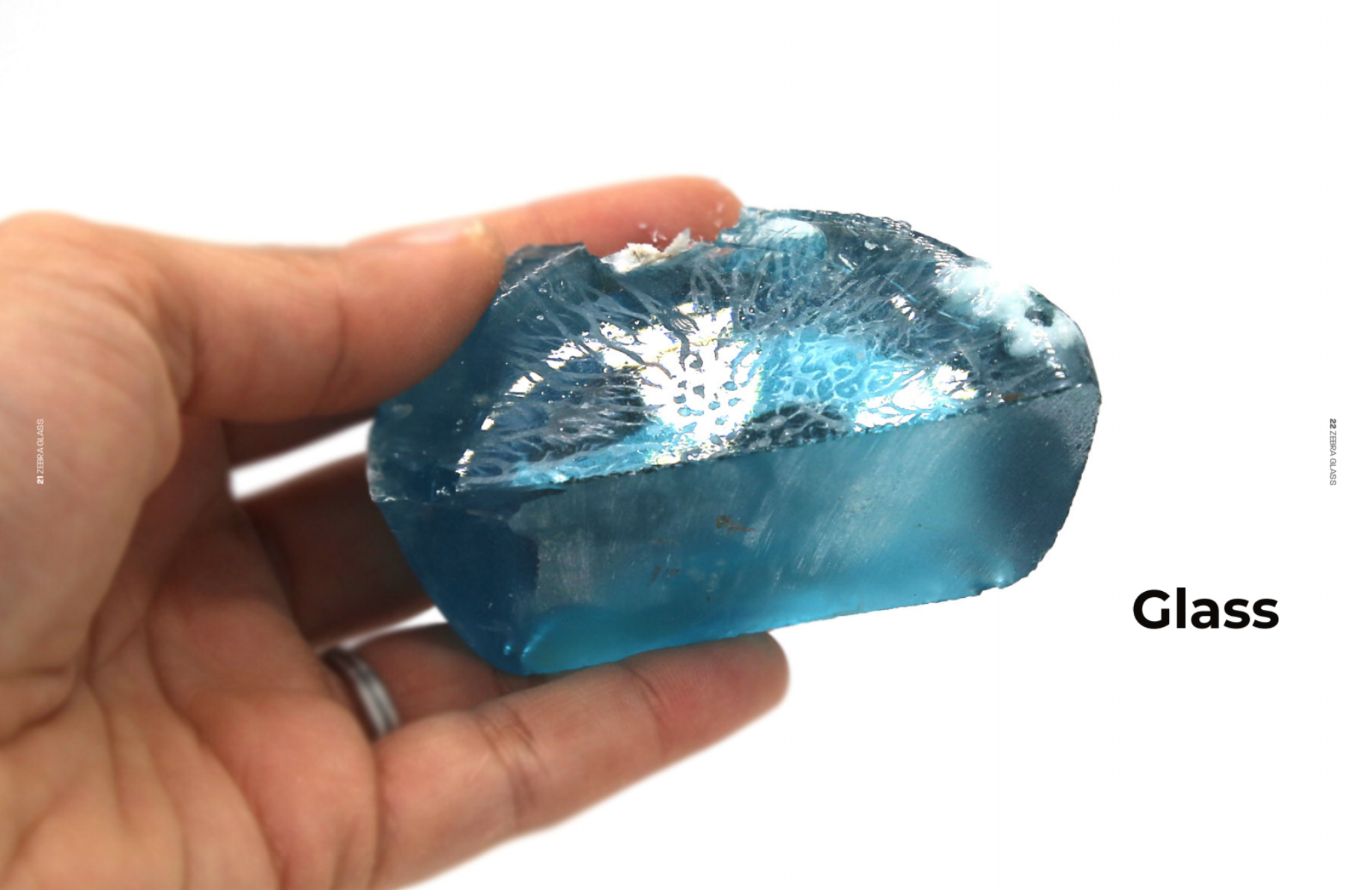
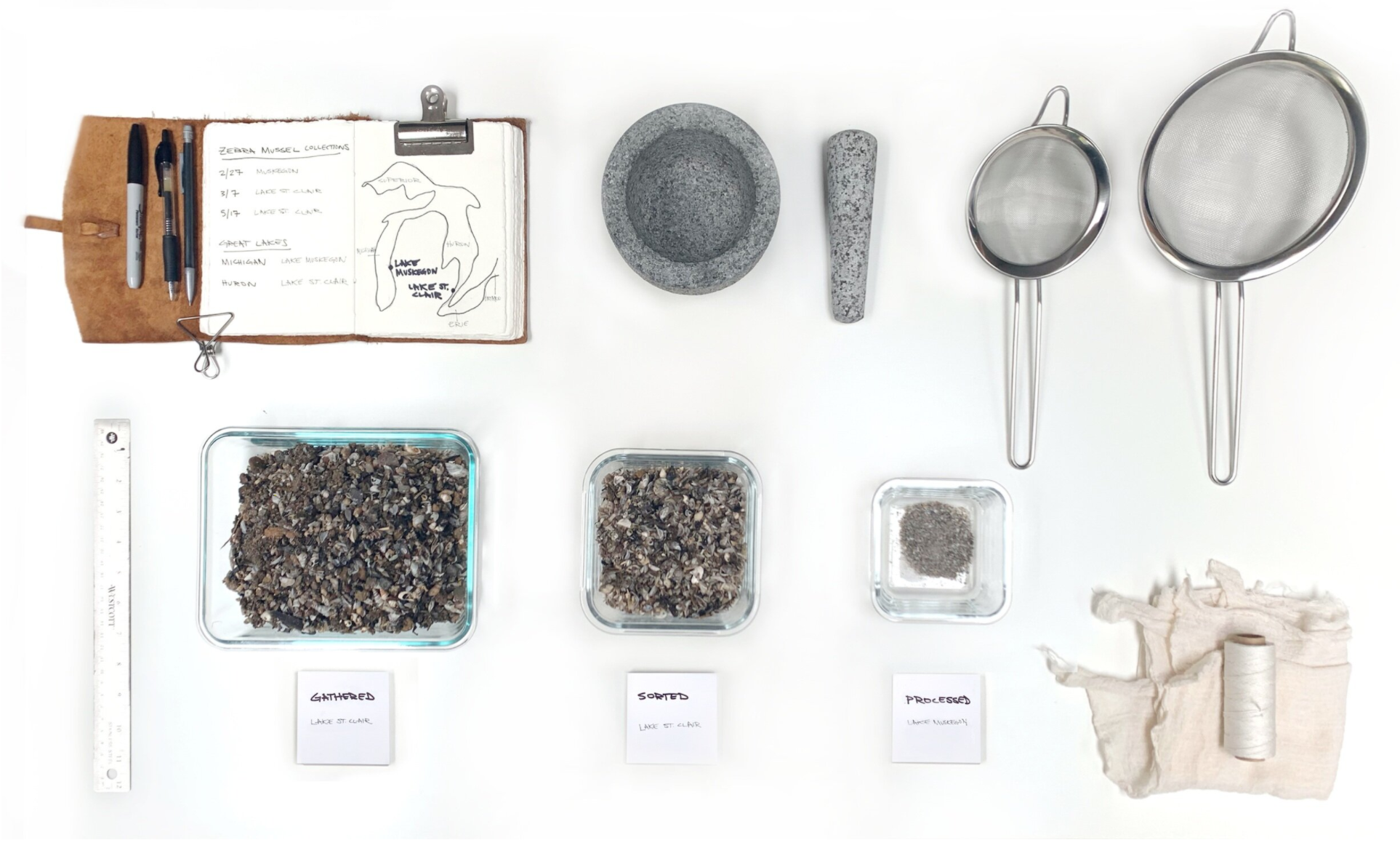

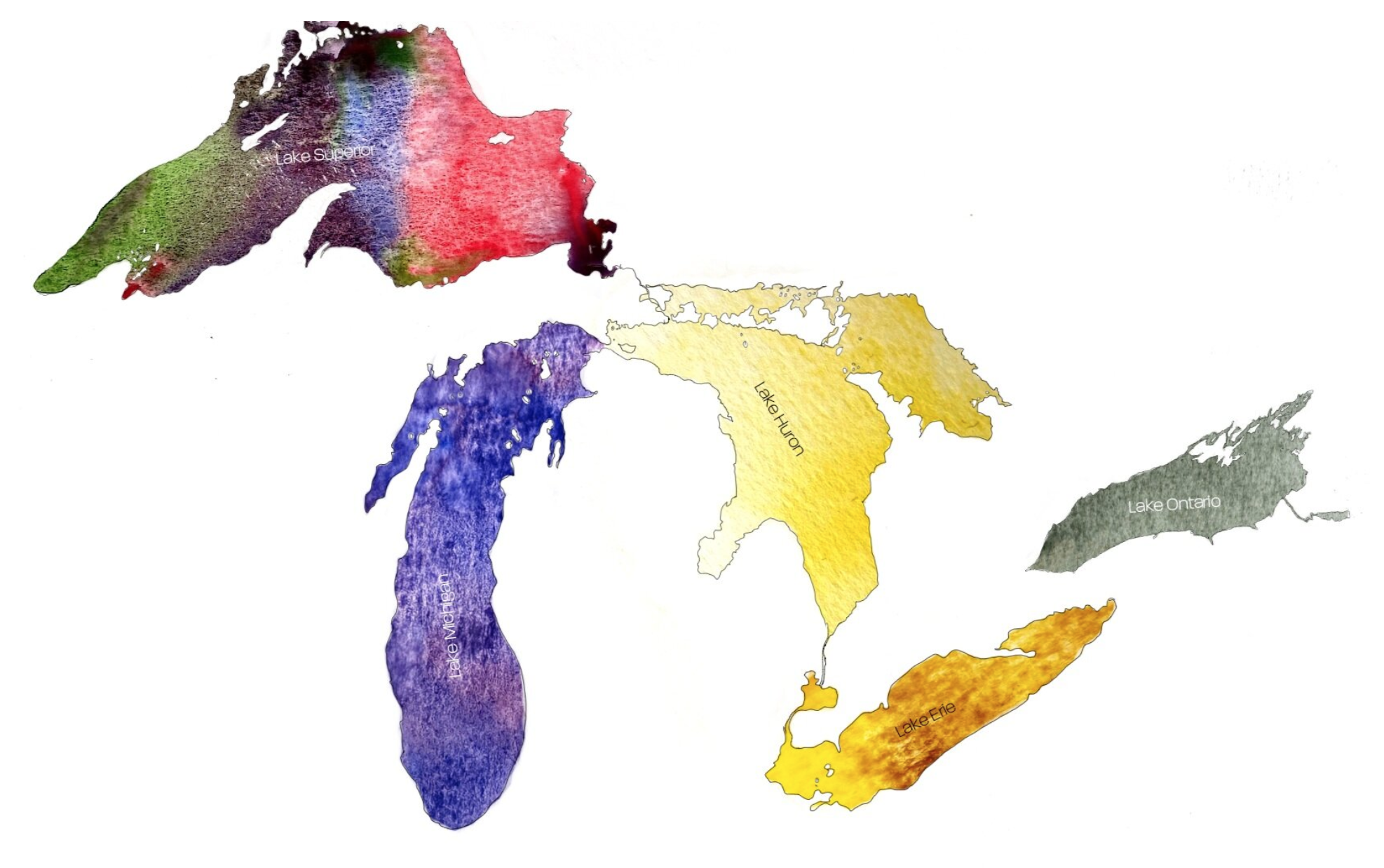
Mycelium Link
Heajoo Lee, Sandra Olave, Erica Schumacker
Mycelium Link imagines working with wood decay fungi to produce vibrant, locally unique, color-fast dyes while simultaneously remediating the toxic impact of years of dye pollution.
https://www.ccscmdmateriallab.com/projects/project-one-emffy
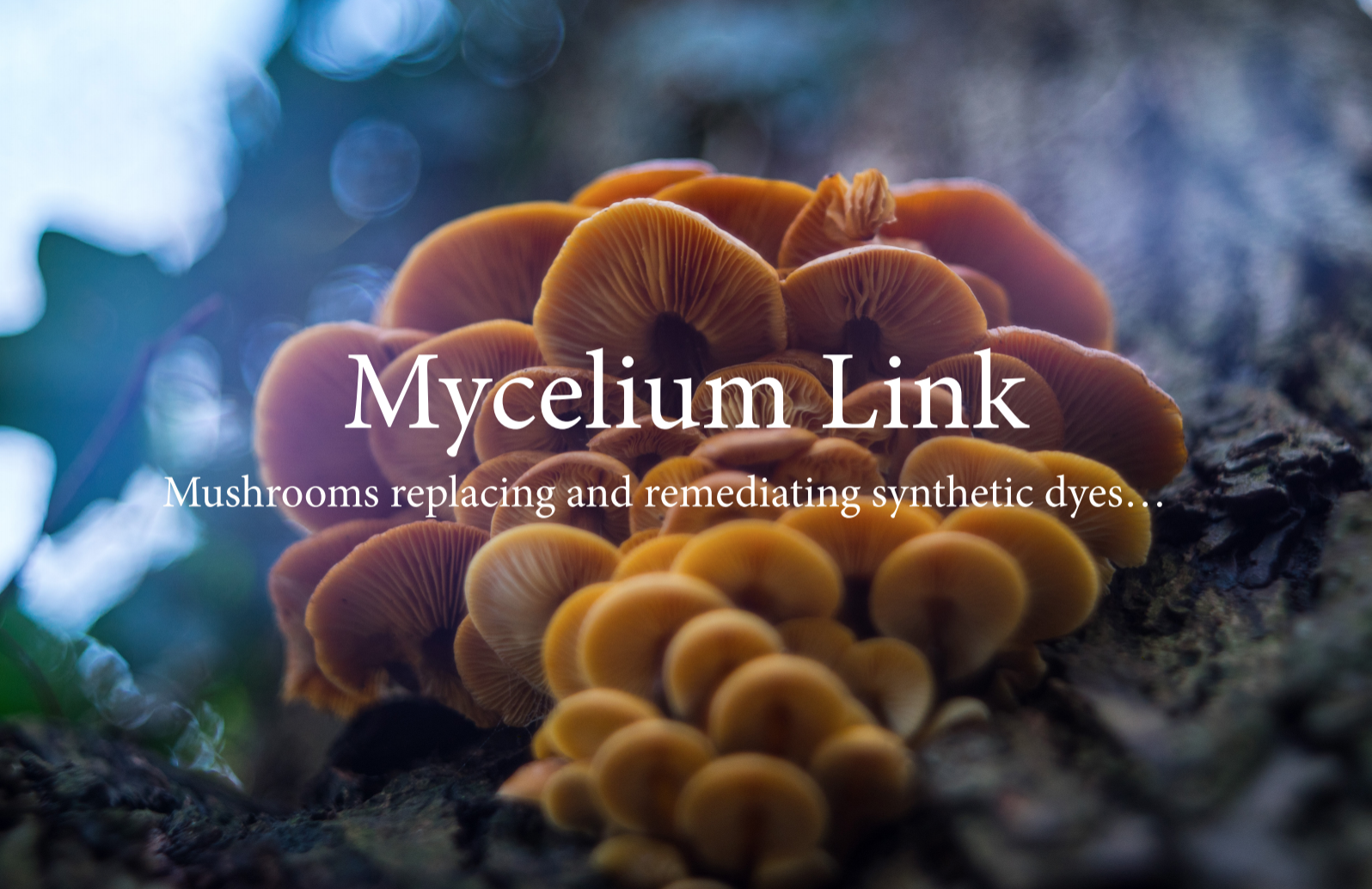
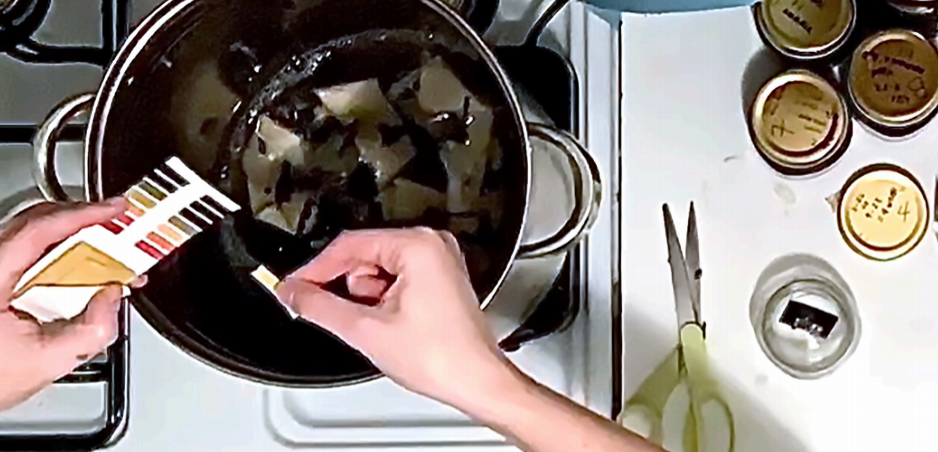
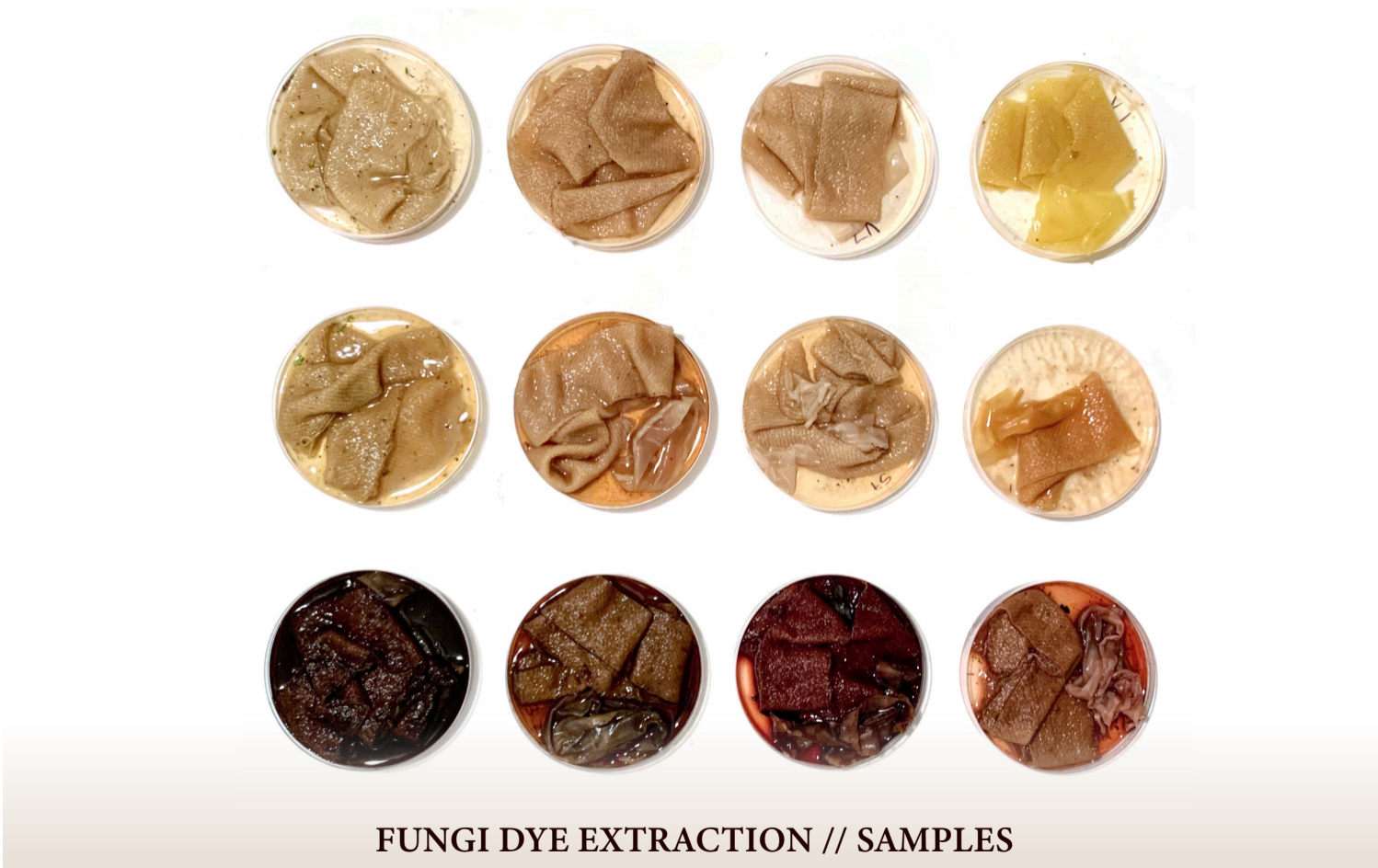
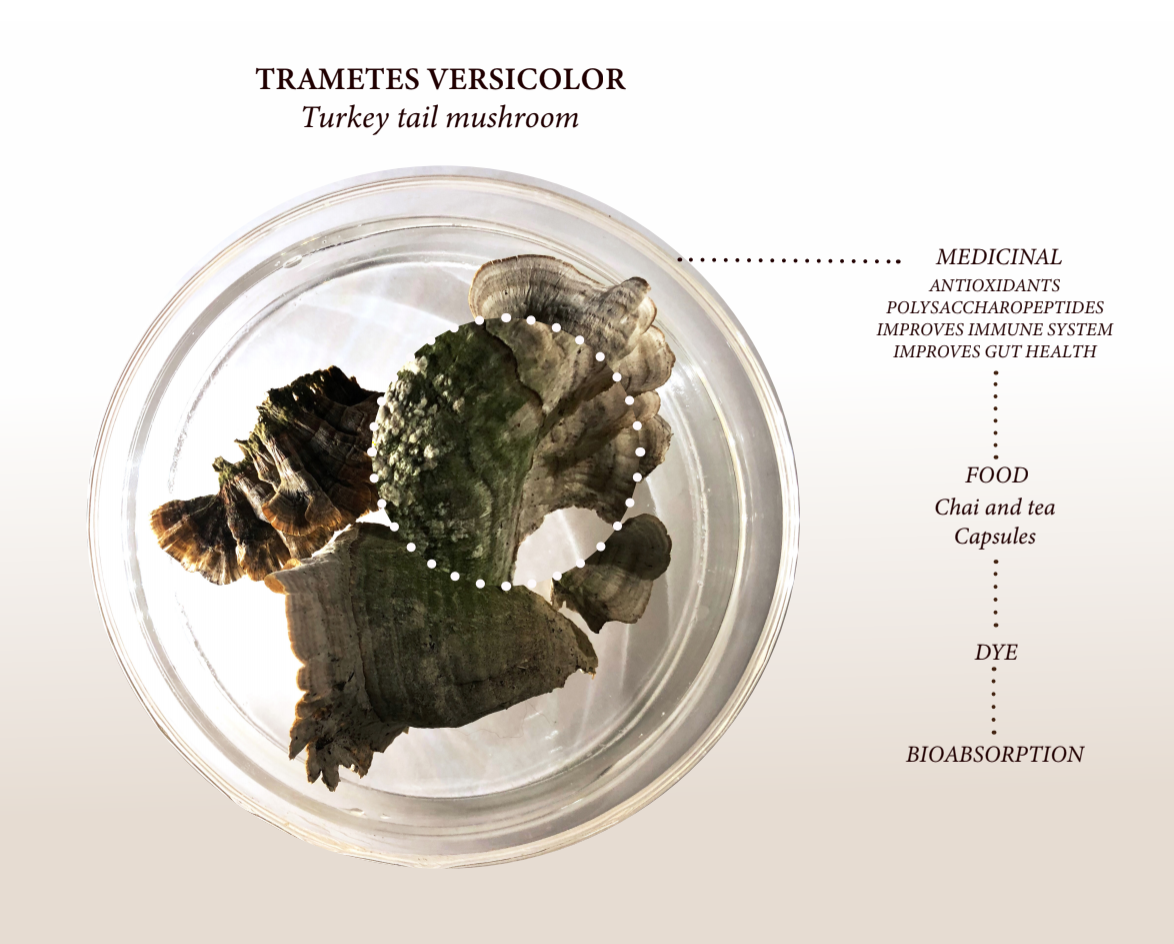
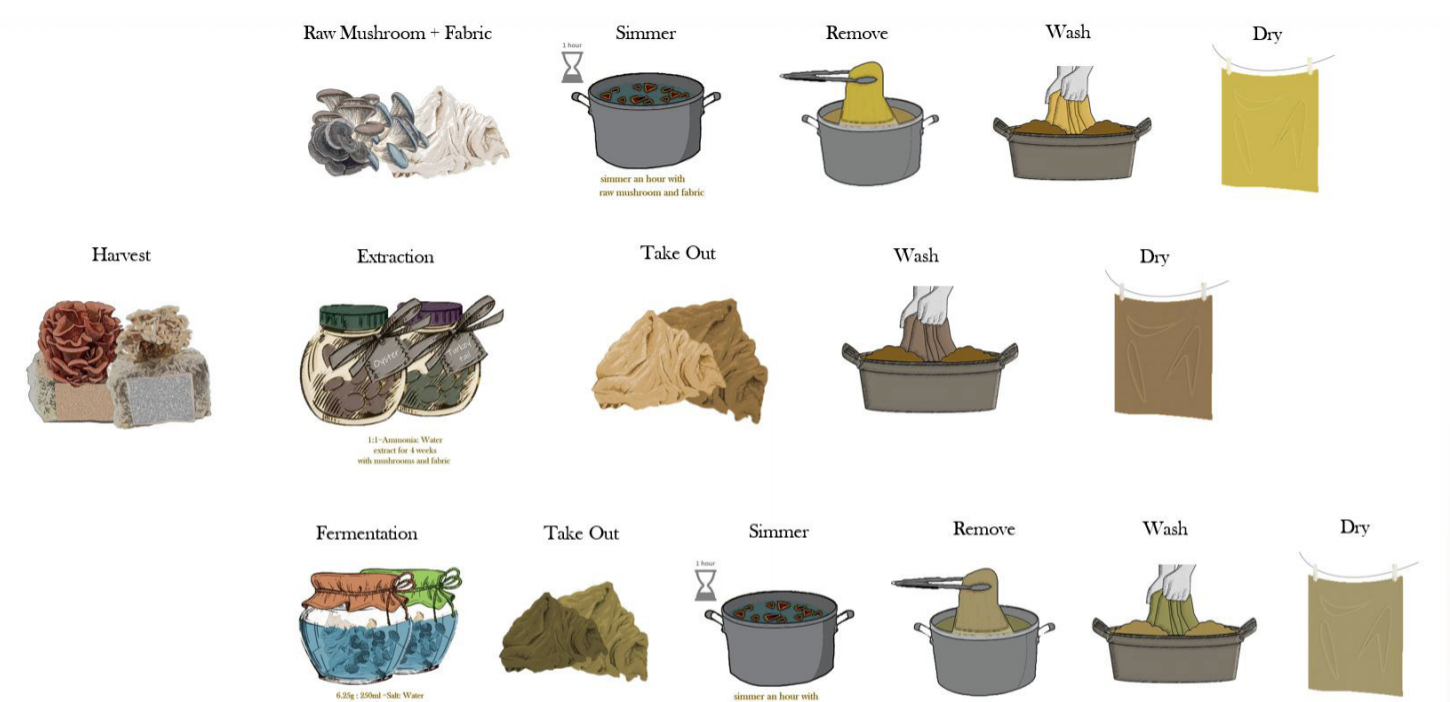
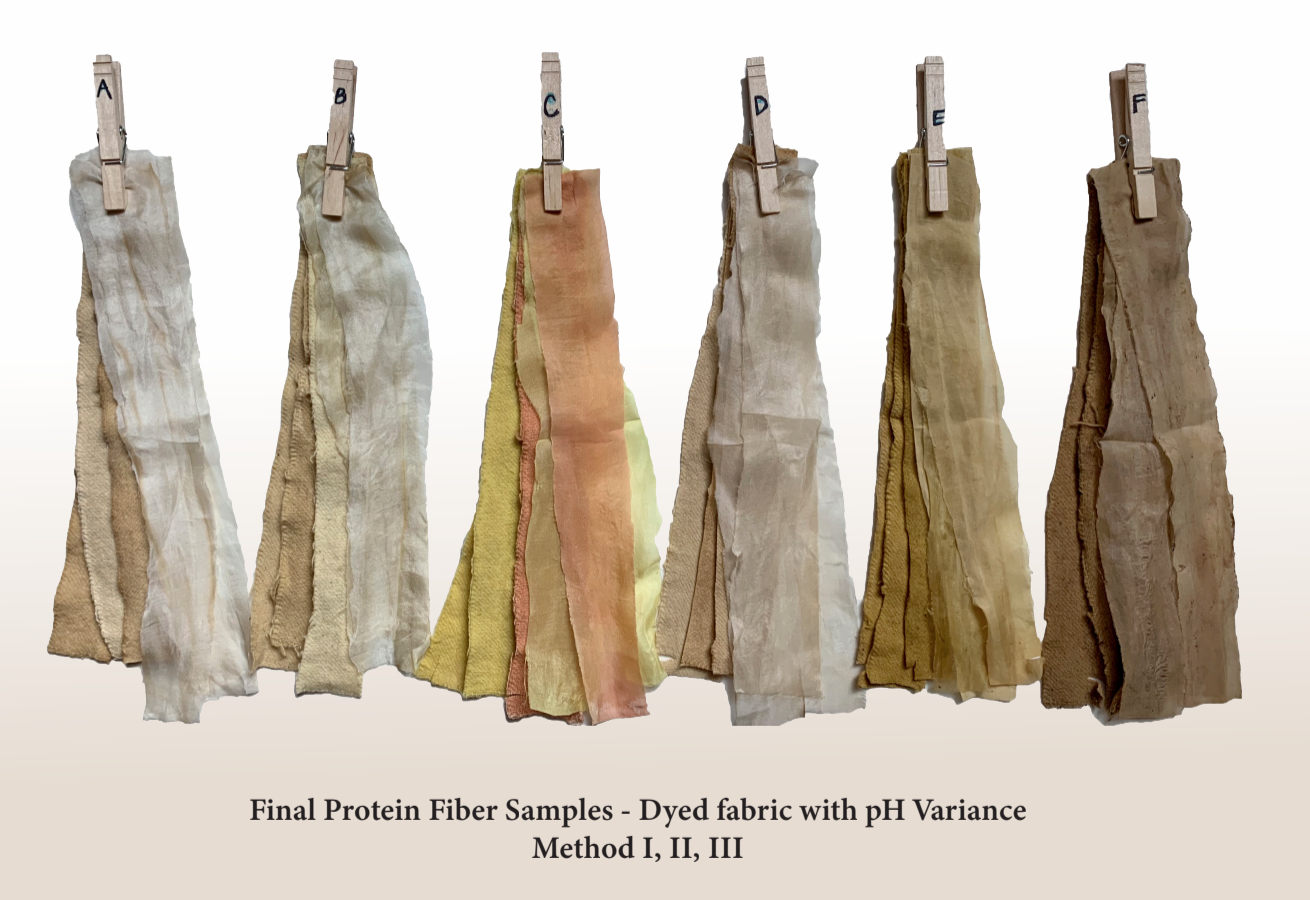
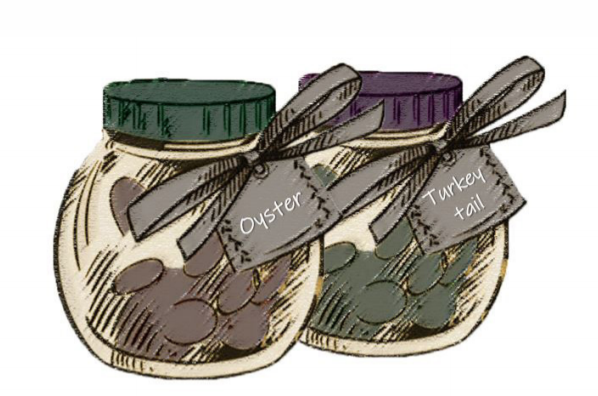
instructor
Matthew Strong
Matthew is an adjunct professor in the MFA Color and Material Design Department at the College for Creative Studies. With a background in engineering, traditional craft, and architecture, Matthew's interests lie at the intersection of digital fabrication and craft with an emphasis on design thinking, narrative, and materiality.
Advisors
Jon W. Allan is President and Founder of the Jon W. Allan Group, a private consultancy specializing in strategic insight for freshwater and the Great Lakes, energy and environmental policy and natural resource governance. He retired in 2019 as the Director of the Office of the Great Lakes contributing his considerable experience in aquatic sciences and fisheries & wildlife to the office’s mission to protect, restore, and sustain the Great Lakes watershed. Prior to that position Jon served in a number of executive management positions at Consumers Energy in environmental and energy management, government and regulatory affairs, and strategy development. He has also worked in the non-profit sector in youth services, and in arts management at Michigan State University. He has taught courses in biology, ecology and environmental impact assessment at his alma mater, Michigan State and with other institutions. He holds an undergraduate degree in Fisheries and Wildlife, and a Masters in Zoology from MSU and completed considerable additional graduate work in Environmental Policy and Law.
Ashley Baldridge Elgin Ph.D. is a Benthic Ecologist at the National Oceanic and Atmospheric Administration (NOAA). Her research interests include Aquatic Invasive Species, Climate Change, Dreissenid Mussels, and Limnology. Ashley has a B.S in General Biology from Michigan Technological University, an M.A. in Marine Biology from Smith College, and a Ph.D. in Aquatic Ecology from the University of Notre Dame.
Ebitenyefa Baralaye is a ceramicist, sculptor, and designer. His work explores cultural, spiritual, and material translations of form/objects, text, and symbols interpreted through a diaspora lens and abstracted around the aesthetics of craft and design. He received a BFA in Ceramics from the Rhode Island School of Design and an MFA in Ceramics from the Cranbrook Academy of Art. Ebi was an Emerging Artists Program recipient at the Museum of the African Diaspora in 2017 and an AICAD Teaching Fellow at the San Francisco Art Institute from 2016 to 2018. He is currently an Assistant Professor and Section Head of Ceramics at the College for Creative Studies in Detroit.
Kim Harty is Chair of Craft & Material Studies and Section Head and Assistant Professor of Glass at the College for Creative Studies. Kim is an artist and scholar whose work investigates the connection between craft and performance through sculpture, installation, video, and performance. She is heavily informed by her training as a glassblower and is interested in undoing traditional methods of making and investigating how materials can confound their expected function.
Andrew Scarpelli Ph.D. is a molecular biologist with expertise in microbiology and synthetic biology. He is interested in where science plays an integral role in society, particularly on how biology interacts with art, politics, and culture. Andrew is a founder and lead organizer of ChiTownBio, Chicago's first community biolab, reflecting his interest and involvement in DIY Biology.
Kelsey Leonard Ph.D. currently represents the Shinnecock Indian Nation as the Tribal Co-Lead on the Mid-Atlantic Regional Planning Body of the U.S. National Ocean Council. As a Shinnecock citizen and environmental leader, Kelsey strives to be a strong advocate for the protection of Indigenous waters through enhanced interjurisdictional coordination and meaningful consultation. She has been instrumental in protecting the interests of Tribes with the development of the Mid-Atlantic Ocean Action Plan and building a sustainable ocean future by valuing Indigenous traditional ecological knowledge. Kelsey holds a B.A. in Sociology and Anthropology from Harvard University; a J.D. from DuQuesne University; an M.Sc. in Water Science, Policy, and Management from Oxford; and a Ph.D. in Comparative Public Policy from McMaster University.
Ché Rhodes received his MFA from Tyler School of Art in Philadelphia, Pennsylvania. Currently he is an Associate Professor and Head of Studio Glass at the University of Louisville, Allen R. Hite Art Institute in Kentucky. He is a former member of the Glass Art Society Board of Directors and the Penland School of Crafts Board of Trustees. He has acted as a Glass Art Society Conference Co-chair and demonstrated at the 2006, 2010, and 2015 G.A.S. conferences. Additionally, he has worked as an instructor at Penland School of Crafts- Penland North Carolina, the Studio of the Corning Museum of Glass- Corning, New York, UrbanGlass- Brooklyn New York, and Scuola del Vetro: Abate Zanetti in Venice Italy.
Michael Styczynski is an Adjunct Professor of Architecture at Lawrence Tech University and a Design Architect at Smith Group Detroit. He holds a B.A. in Architecture from the University of Michigan and an M.Arch. from the Graduate School of Design at Harvard.
